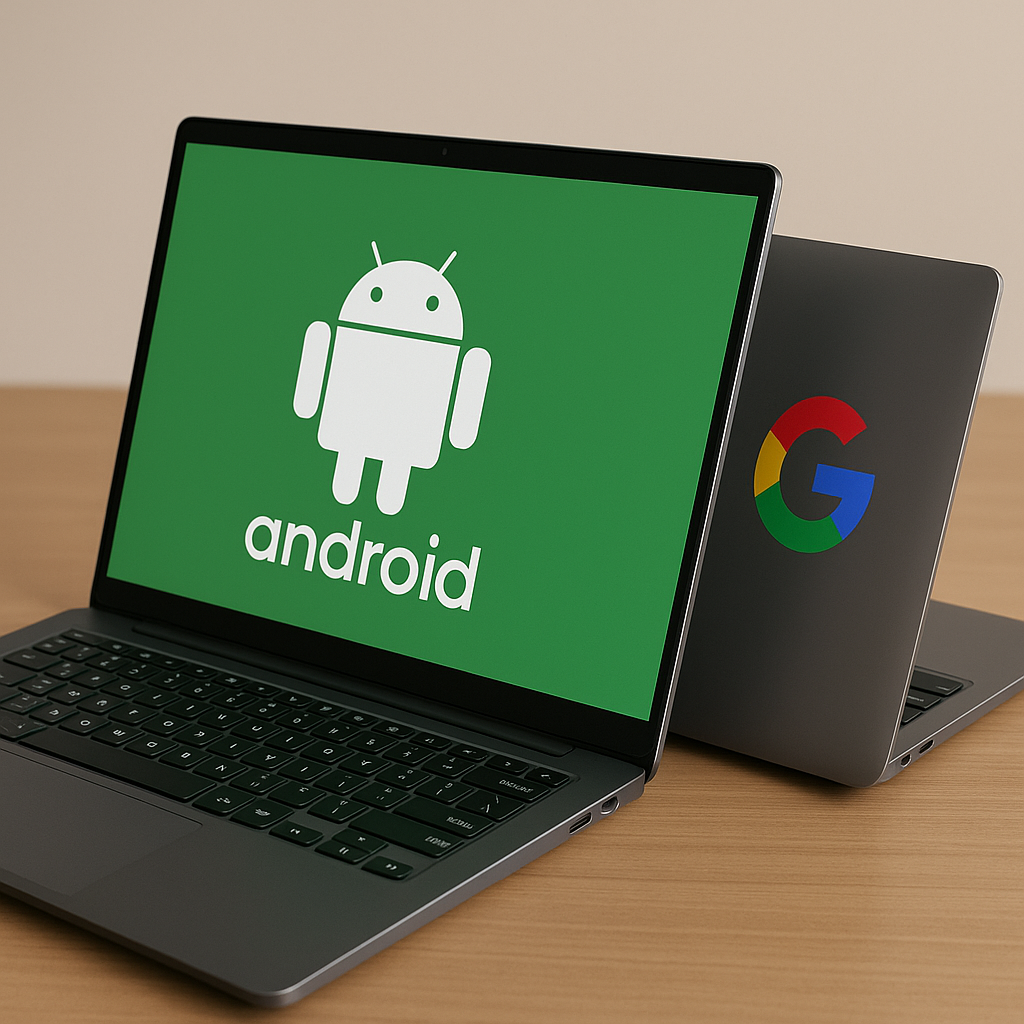The Android Desktop Future is Closer (and More Exciting) Than You Think
Alright, let’s talk about the future of the desktop. For years, we’ve seen mobile and desktop operating systems dance around each other, sometimes borrowing features, sometimes existing in separate silos. But the lines are blurring, and based on recent insights, like the piece over at 9to5Google discussing a next-gen Android desktop experience, the future looks incredibly compelling, especially for Android fans like myself.
The article hits on something crucial: for Android to truly succeed on the desktop, it can’t just be another Windows or macOS clone. It needs to leverage its strengths, particularly in AI with Gemini, to create something fundamentally new – potentially a voice-first, agent-driven experience. Imagine interacting with your desktop naturally, having it understand context whether you’re dictating text or commanding it to find files or browse the web, maybe even without needing a constant hotword. That’s not just iterative; that’s transformative. The potential inclusion of a true, desktop-class Chrome browser is also massive news, addressing a long-standing gap for power users on larger Android screens.
Now, some might be skeptical. Can Android really handle a demanding desktop workflow? I’d argue we’re already seeing strong indicators it can. Look at ChromeOS. For my day-to-day as a Web Developer, it’s become surprisingly robust. I regularly run Linux, manage complex projects on the Acquia Cloud Platform, and even dive into my latest Android app development using Android Studio – all on my HP Dragonfly Pro Chromebook. It handles this multi-faceted workflow remarkably well.
Seeing how capable ChromeOS already is makes me incredibly optimistic about a dedicated, next-generation Android desktop OS built from the ground up for this purpose. If ChromeOS, which shares DNA with Android, can manage my development tasks, imagine a purpose-built Android system infused with powerful AI, seamless voice interaction, and a full-fledged browser. It represents the convergence I’ve been waiting for – the power and flexibility needed for professional work combined with the vibrant app ecosystem and forward-thinking AI integration that Android excels at. The potential for a unified, intelligent computing experience across all devices is palpable, and frankly, I can’t wait to see it unfold.
